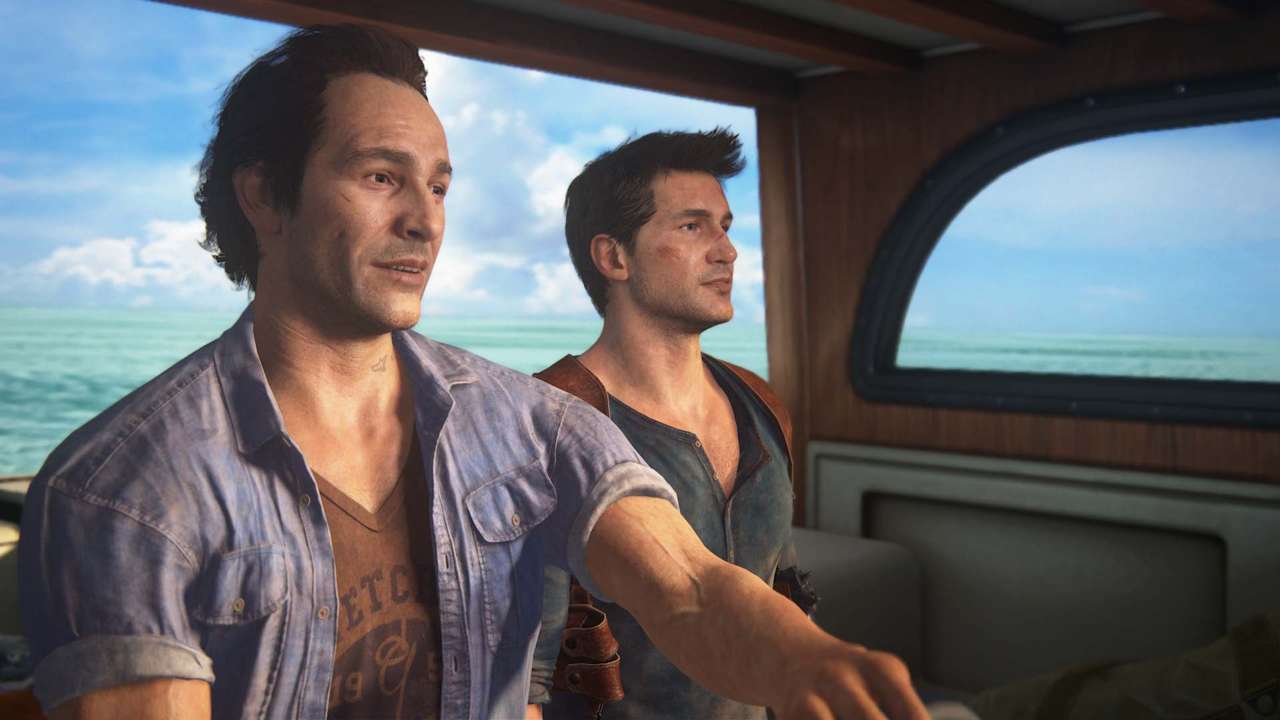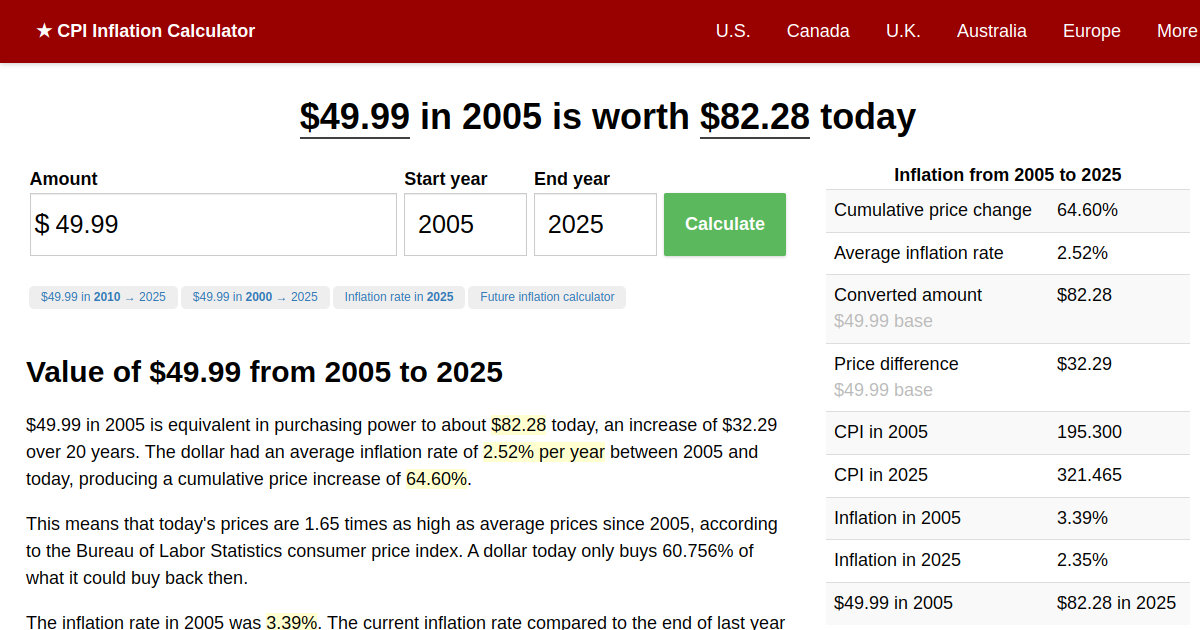Shawn Layden, former chairman of Sony Interactive's Worldwide Studios division, stated that he feels current AAA development is an unsustainable model.
With AAA games costing as much as $150 million to develop, Shawn Layden says the model is "just not sustainable."

www.gamespot.com
He also says he'd like to see 12-15 hour AAA games return.
I can see where he's coming from, and don't disagree to an extent. AAA development is risky, and increasingly expensive. But that doesn't mean they should go away. People like big games, and big games will always be made. I'd personally hate to see AAA games go away.
That said, I think the solution is very simple, diversify the investments. Betting all your eggs on on a $80 million beast isn't very wise. Make sure you have less costly, but still profitable games to help bring in revenue that can continue to make these AAA releases. I hate EA, but credit where credit is do, they have one of the better setups for a major publisher, having a Main label for expensive AAA titles, and an EA Originals label for smaller, independently developed games.
I also think there should be less AAA games each year as well. Have something like the film industry, where either the Summer or Holiday is where nearly all the AAA games get released, then have the rest of the year filled with different kinds of games. A system like this can maintain variety, without compromising quality.


